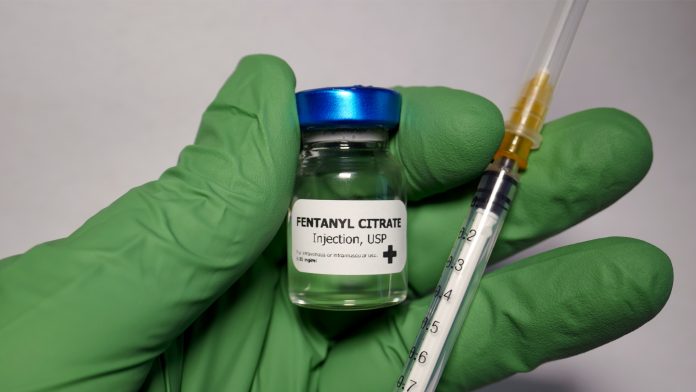
Strict strategies traditionally embraced by Asian nations to enforce illicit drug policies are beginning to change, with nations like China, the enforcement mechanisms of fentanyl exports are lacking.
According to a new RAND Corporation report, firm policies traditionally embraced by Asian nations to discourage illicit drug use are beginning to change, with a few nations adopting alternative approaches while other nations are taking an even harder line against drugs. However, with the strict regulations regarding illicit drug policies, in China fentanyl exports are unlikely to lessen.
Cracking down on illicit drug policies
Thailand is on the forefront of Southeast Asian nations that are reconsidering longstanding policies, moving to adopt greater harm reduction, approving the use of medical cannabis and easing restrictions on the traditional use of the substance kratom.
Whereas, some other nations, most visibly represented by the Philippines — are adopting even harsher policies on illicit drugs, including violent repression of drug distribution and use.
“Asian nations have long espoused the goal of a drug-free society, imposing harsh criminal penalties and even the death penalty on those involved with illicit drugs,” said Bryce Pardo, lead author of the report and a policy analyst at RAND, a non-profit research organization.
“So, it is surprising to see some Asian nations begin to go in a different direction and consider more-progressive policies.”
China and fentanyl exports
The report outlines the rapid rise of the drug industry in China, where there are now more than 5,000 pharmaceutical manufacturers and hundreds of thousands of chemical companies. While the industry is a leading source of many legitimate chemicals and pharmaceutical ingredients, its growth has made it easier for some companies to avoid regulations.
China’s central government has promised to crack down on fentanyl manufacturers, but enforcement of such policies is typically done at the provincial level, where there is little infrastructure in place to thoroughly regulate the drug and chemical industries.
“China’s leaders recognise that they have a problem and appear committed to seeking solutions,” Pardo adds. “But it is unlikely that they can contain the illicit production and distribution of fentanyl in the short term because enforcement mechanisms are lacking.
“Producers are quick to adapt, impeding Chinese law enforcement’s ability to stem the flow to global markets.”










